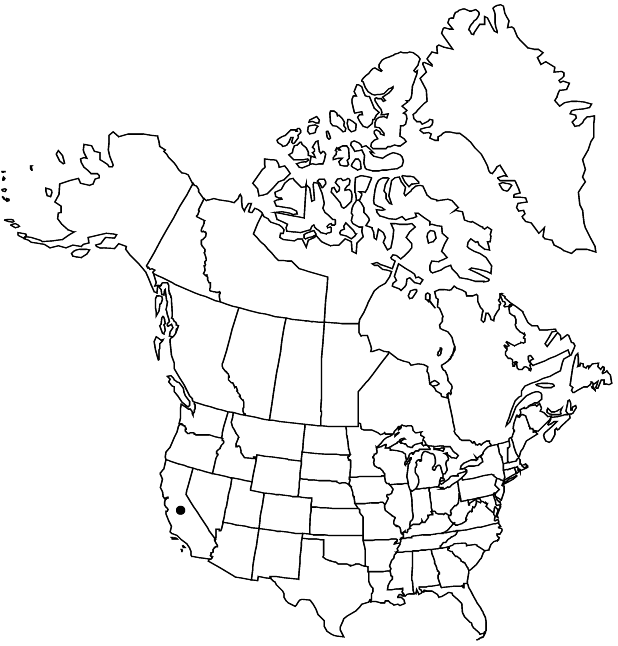familyEricaceae
subfamilyEricaceae subfam. Arbutoideae
genusArctostaphylos
speciesArctostaphylos manzanita
Difference between revisions of "Arctostaphylos manzanita subsp. wieslanderi"
Madroño 19: 201. 1968 ,.
Common names: Wieslander’s manzanita
FNA>Volume Importer |
FNA>Volume Importer |
||
| Line 47: | Line 47: | ||
|publication year= | |publication year= | ||
|special status= | |special status= | ||
| − | |source xml=https://jpend@bitbucket.org/aafc-mbb/fna-data-curation.git/src/ | + | |source xml=https://jpend@bitbucket.org/aafc-mbb/fna-data-curation.git/src/f6b125a955440c0872999024f038d74684f65921/coarse_grained_fna_xml/V8/V8_852.xml |
|subfamily=Ericaceae subfam. Arbutoideae | |subfamily=Ericaceae subfam. Arbutoideae | ||
|genus=Arctostaphylos | |genus=Arctostaphylos | ||
Revision as of 20:30, 24 September 2019
Plants killed by fire; burl absent; twigs glandular-hairy. Leaf blades dull green, not glaucous, scabrous, glandular-hairy. Inflorescences: axis 1 mm diam. Ovaries glabrous. Fruits glabrous. Stones distinct.
Phenology: Flowering early–late spring.
Habitat: Upper foothill woodlands, open conifer forests
Elevation: 600-1500 m
Discussion
Subspecies wieslanderi occurs at middle elevations of the North Coast Range, southern Cascades, and northern Sierra Nevada (i.e., surrounding northern end of Sacramento Valley). Overlapping the elevational range of Arctostaphylos patula, it could be confused with that species.
Selected References
None.
Lower Taxa
None.
